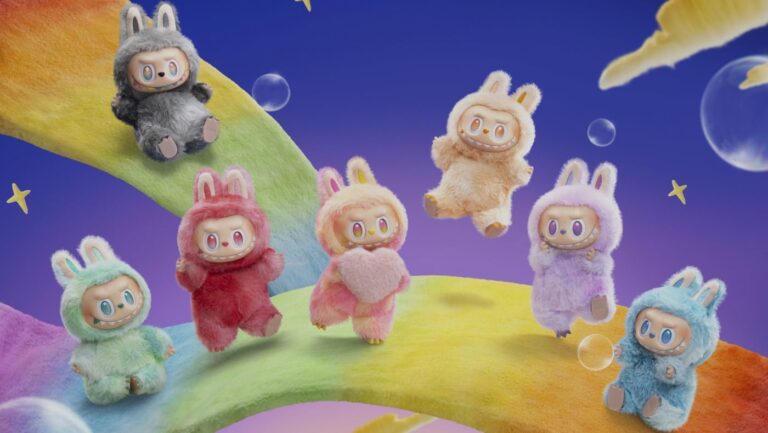With growing toy and collectible trends, including the recent rise in Labubu Dolls, some concerns have been raised as to the environmental and social challenges ‘blind box’ products are creating.
Labubu Dolls have recently gained popularity through social media influencers and unboxing videos, with people opening the box in an effort to find the particular doll they’re after.
This can create a cycle of buying multiple products at once or over time, with the process focused on the gamble and mystery of trying to either complete the collection or hunt for one specifically in the series.
“That does mean that they could be spending money on something that maybe they don’t actually want, not something they need for their collection,” said Dr. Jing Wan, Associate Professor with the Department of Marketing and Consumer Studies at the University of Guelph. “That means you are now accumulating things that you might not want, and what do we do with those? We tend to discard them.”
Wan stated that this leads to plenty of environmental issues, much like other blind box products, as there is an increase in product packaging being thrown away, with the increase in products being purchased, as well as the collectibles themselves.
“That’s creating a lot of waste, right? That’s creating waste that’s not going back into the system and not being reclaimed,” Wan mentioned. “These aren’t recyclable products.”
She mentioned that it isn’t just environmental concerns being raised, with rising social dangers particularly around blind boxes targeted towards youths.
“For younger people, especially when they don’t have disposable income, they’re perhaps using their parents’ money or they’re using their allowance, spending a lot of time and money on these products. That’s a bit concerning. They may not know sort of when to stop.”
She referred to the gambling mindset associated with these products, where, in the past, products were often more open and direct in what the consumer was purchasing.
Full clip from Dr. Jing Wan with the University of Guelph on the reasons behind the growth in blind box trends, such as Labubu Dolls.
The dangers have only increased with social media, compared to other toy and collectible waves in the past. She said, previously, these products relied more heavily on word of mouth to gain traction, whether that be between parents, siblings, or students on the schoolyard.
“These sorts of trends with the purchase of collectible dolls or toys, or even cards, are not a new thing. It’s been around since Beanie Baby days, even before then,” Wan stated. “With social media, it just moves these trends a lot more quickly.”
She mentioned, though, that, like any other trend, it’s just that: a trend. Wan said she expects even the most recent wave of Labubu Dolls will start to lose momentum eventually.
What she says will continue to roll forward, though, are the blind boxes themselves.
“I think that with every sort of individual spike in popularity of any specific doll, that toy will only last a certain amount of time. For example, the Labubu Dolls will have a shelf life, most likely. But will this type of toy go away, or will this type of purchase go away? I don’t think so.”


